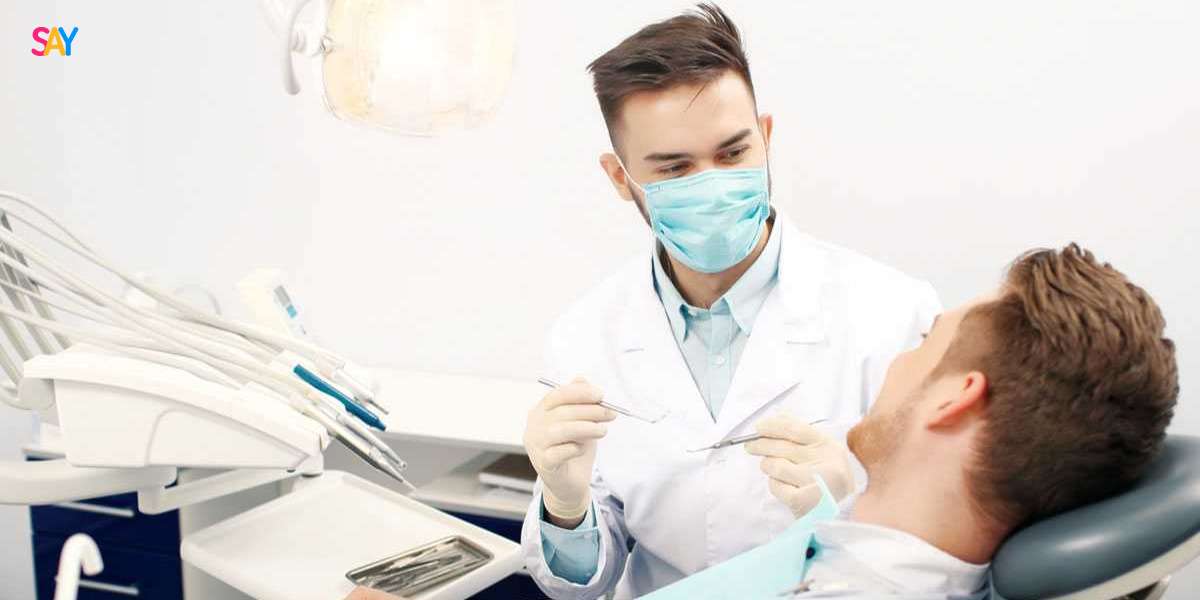If you’re searching for no insurance dental care near me, you’re not alone. Many people face the challenge of accessing dental services without coverage. Fortunately, there are several options available that cater specifically to uninsured individuals. Here’s a guide to help you find affordable dental care near you.
1. Community Health Clinics
Community health clinics are a vital resource for uninsured individuals. They offer a variety of dental services, often at low or no cost, based on your income level.
Services may include:
- Routine cleanings
- Dental exams
- Fillings
- Extractions
How to find one:
- Use the HRSA Find a Health Center tool to locate a community health clinic in your area.
- Contact your local health department for information about available services.
2. Dental Schools
Dental schools provide an affordable alternative for dental care. Students in training perform dental procedures under the supervision of licensed faculty, allowing you to receive quality care at a reduced cost.
What to expect:
- Longer appointment times due to the educational process
- Lower fees for a range of services, such as cleanings and fillings
To find a dental school nearby:
- Visit the American Dental Association (ADA) website for a list of accredited dental programs.
- Check local universities or community colleges that offer dental training.
3. Federally Qualified Health Centers (FQHCs)
FQHCs provide comprehensive health services, including dental care, to uninsured patients. They typically operate on a sliding fee scale based on income, making it easier to afford dental treatments.
Find an FQHC in your area:
- Use the HRSA Find a Health Center tool to locate federally qualified centers near you.
4. Sliding Scale Clinics
Many private dental practices offer sliding scale fees, which adjust the cost of services based on your income. This approach can help make dental care more affordable for those without insurance.
To find sliding scale clinics:
- Search online for “sliding scale dentist near me.”
- Call local dental offices to inquire about their fee structures.
5. Nonprofit and Charitable Clinics
Various nonprofit organizations focus on providing free or low-cost dental care to uninsured individuals. These clinics aim to deliver essential services to underserved populations.
Examples of organizations:
- Mission of Mercy: Provides free dental care through mobile clinics in various locations.
- Dental Lifeline Network: Offers free dental services to seniors, individuals with disabilities, and those facing financial hardships.
6. Dental Discount Plans
Dental discount plans can be an affordable alternative to traditional insurance. By paying an annual fee, you can access discounted rates on various dental services, usually ranging from 10% to 60% off standard fees.
Popular dental discount plans include:
- Careington Dental Plans
- Aetna Dental Savings
- Cigna Dental Savings
7. Payment Plans and Financing Options
Many dental offices offer flexible payment plans or financing options for uninsured patients. This allows you to break up the cost of treatments over time, making dental care more manageable.
When contacting dental offices, ask about:
- Available payment plans.
- Financing options for uninsured patients.
- Discounts for cash payments.
8. Free Dental Days and Local Events
Some dental practices and community organizations hold free dental days where uninsured individuals can receive basic dental services at no cost. These events typically offer:
- Cleanings
- Exams
- Fillings
To find free dental days:
- Check local news sources, social media, or community bulletin boards for announcements.
- Reach out to local dental societies or community organizations for information on upcoming events.
Conclusion
Accessing dental care without insurance is achievable through a variety of resources available in your community. By exploring community health clinics, dental schools, sliding scale fees, and nonprofit organizations, you can receive the dental services you need without incurring excessive costs. Take the time to research these options and prioritize your oral health today.




